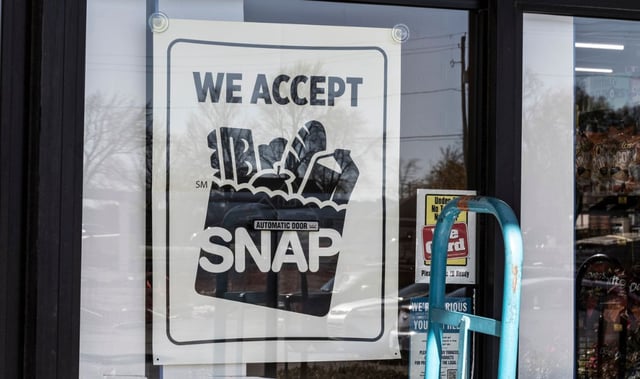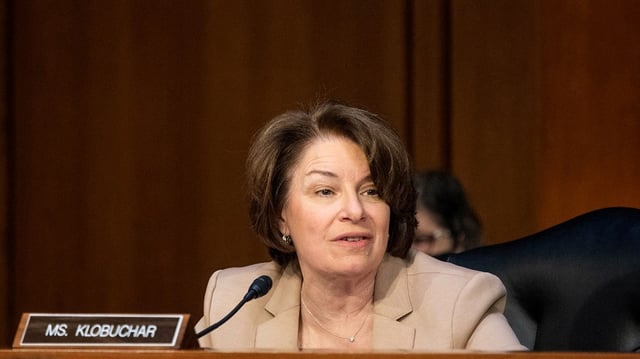Overview
- The proposal shifts SNAP benefit costs to states with payment error rates above 6 percent, capping their contributions at 15 percent starting in fiscal 2028.
- Able-bodied adults under age 65 would face an 80-hour monthly work requirement to maintain food stamp eligibility, up from the current age 54 limit.
- Waiver authority for Alaska and Hawaii would exempt them from new cost-sharing if they implement corrective action plans, drawing Democratic criticism of unequal treatment.
- A coalition of Democratic governors warns that forced cost-shifting could strain state budgets and prompt cuts or program opt-outs, while Republicans cite an 11.54 percent improper payment rate in 2022 to justify tighter oversight.
- Final enactment will hinge on the parliamentarian’s assessment under the Byrd Rule and whether key senators, including Lisa Murkowski, will back the package.

